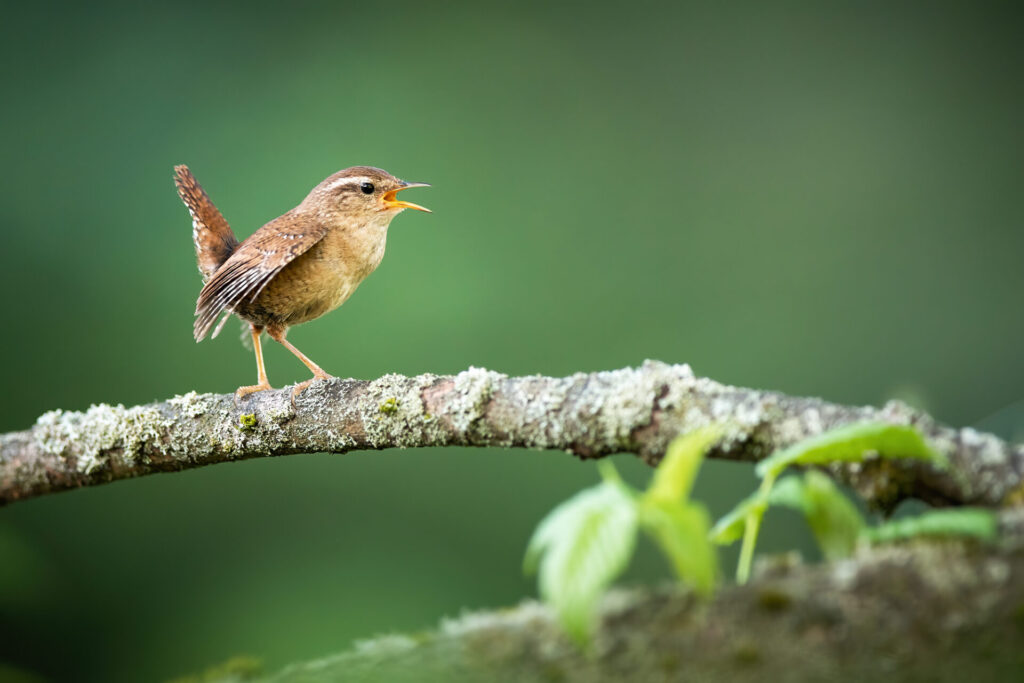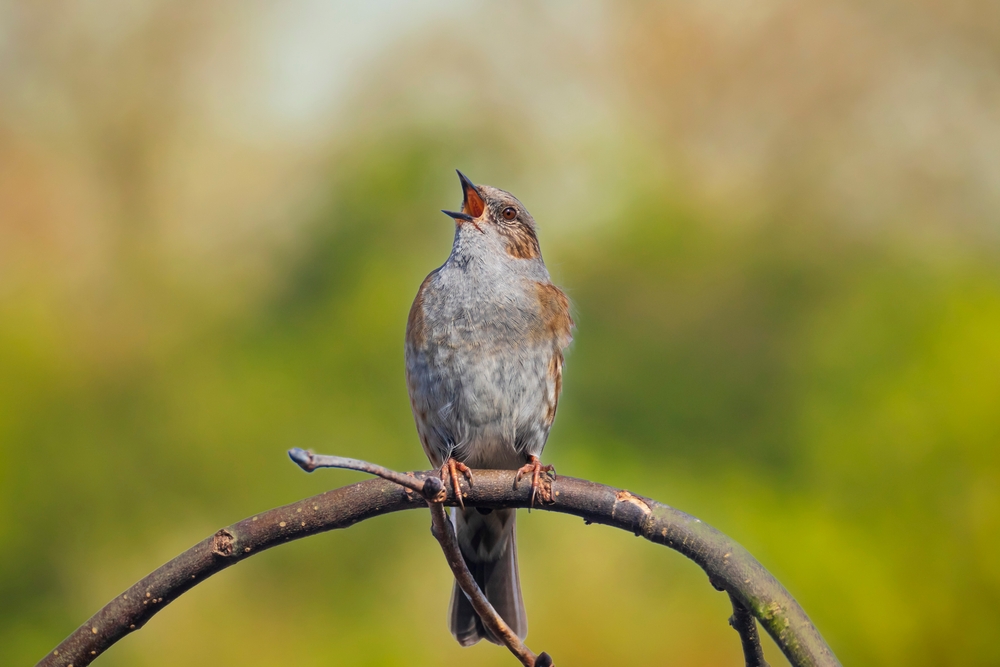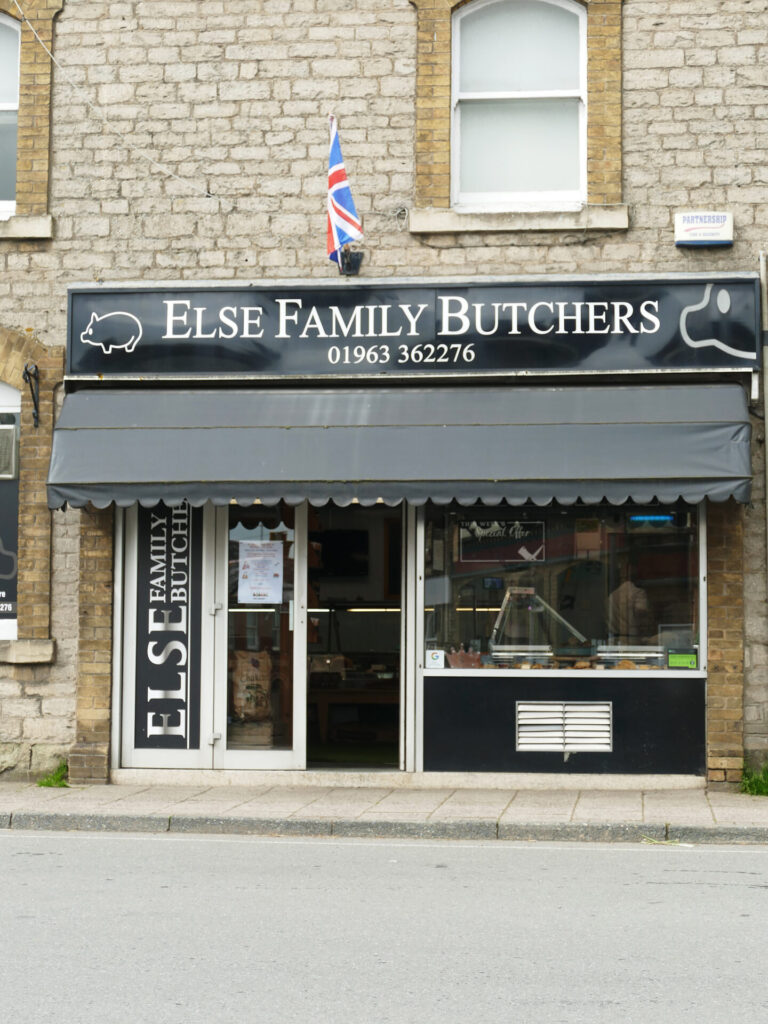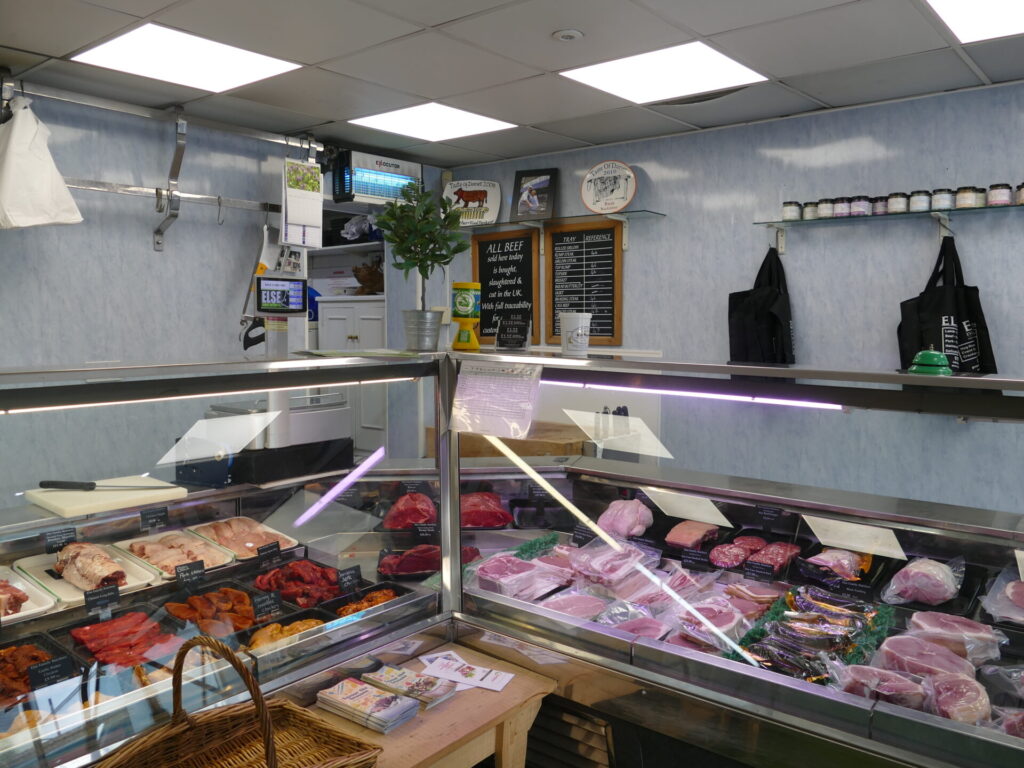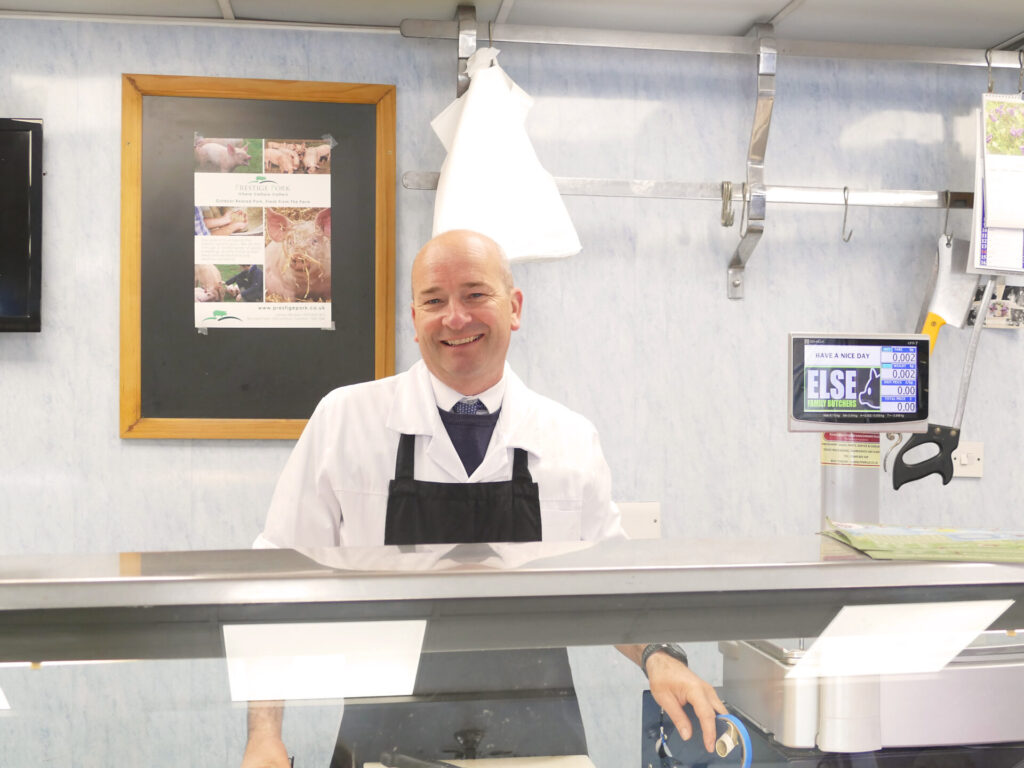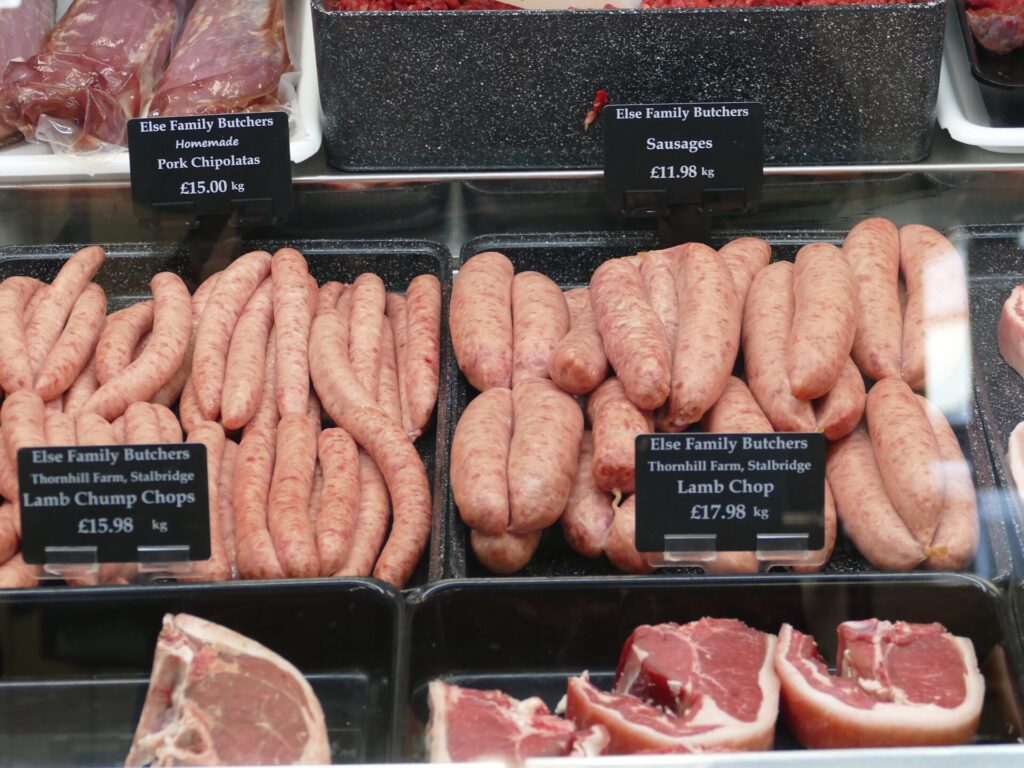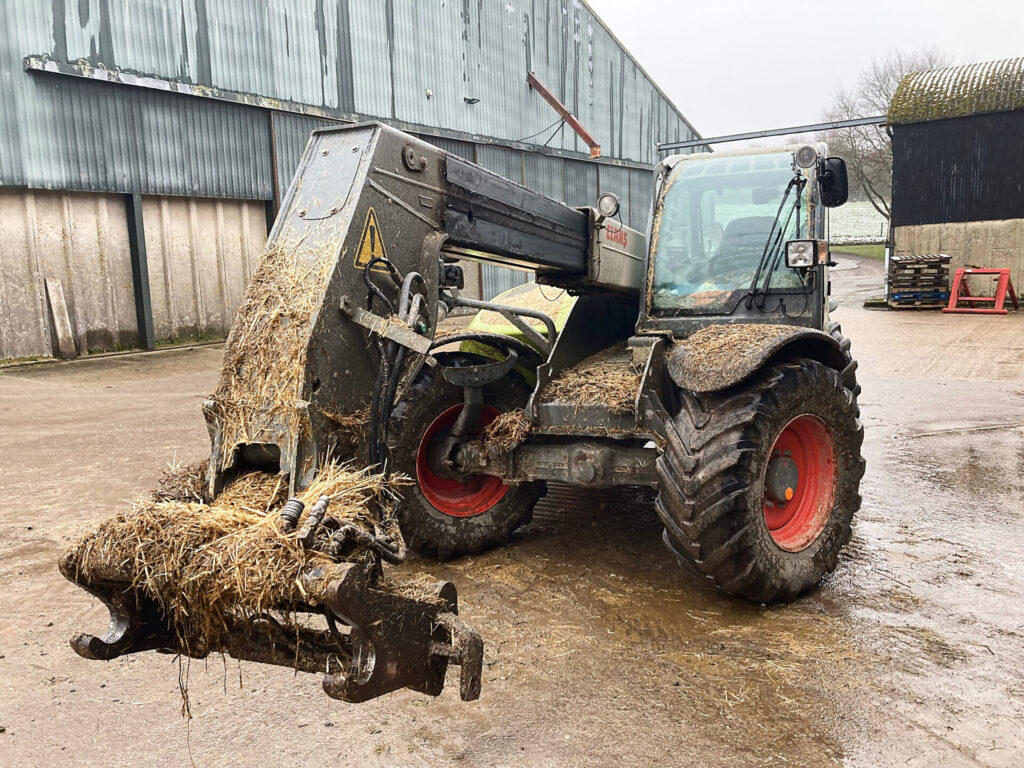Jim Bettle of Dorset Charcoal makes his living from an ancient craft, fuelling his passion for a more sustainable country. Tracie Beardsley reports

Jim Bettle’s lively eyes focus on the smoke winding its way skywards. He’s reading it, looking for a deeper colour. Above the chatter of woodland birds, he listens for the sound of fire. A sudden thunderous roar and he springs into action, peering up the port-holes of a huge, circular steel kiln to see how far the fire has spread.
He expertly manoeuvres a massive circular lid – I can’t help but think of a giant’s paella dish – over the wood-filled kiln, propping it so the fire spreads before he dexterously drops the lid. Then he slots four tall chimney pipes into bases around the kiln. Now he’s cooking – and will be doing so for the next 16 hours. It’s this year’s first burn in the woods for The Dorset Charcoal Company.
Jim’s ‘in tray’ is a neat stack of 300 cubits* of ash, sycamore and oak, cut from the private Dewlish woodland that will be his ‘office’ until the end of August. In that time, he’ll produce more than 35 tonnes of sustainable British charcoal.
One of very few British charcoal producers, he’s the biggest in Dorset. ‘I’ve got seven kilns, based on models dating back more than 200 years.
‘As we hit the busy season, I’ll constantly have two kilns going, producing about half a tonne daily,’ explains Jim.

Nothing is wasted, every size having a use. Bigger pieces are bagged up on site to sell as barbecue fuel, while finer grades go to the cosmetic industry as an environmentally-friendly replacement to the now thankfully banned microbeads.
Jim’s charcoal even features in blockbuster movies – his powder was used for special effects in the latest Star Wars film! The Dorset Charcoal Company is accredited as a sustainable supplier to the TV and film industry by the BAFTA scheme We Are Albert.
His charcoal enhances equestrian and cattle feed (adding biochar to feed reduces cows’ methane emissions by up to 18.4 per cent) and is also a diet supplement for dogs. His biochar horticultural additives, an ancient way of conditioning soil, help to retain both nutrients and moisture, improve drainage and soil microbes.
An ancient sustainability
‘Finally, after shouting from the treetops, the penny is dropping and we’re finding sustainable alternatives,’ says Jim. ‘Charcoal is natural. We’ve used it for thousands of years. The symbiotic relationship makes such sense. We can create a sustainable wood fuel with carbon dioxide emissions 95 per cent lower than gas or oil. It’s absorbed back into the soil and nourishes trees.’
He gestures to the woodland around him. ‘Managing this coppice allows flora and fauna to thrive. I hear more birds and insects as we open the wood and let light in. I’m completely driven by producing a sustainable product that has positive effects in the environmental chain.’

Wearing the charcoal hat
The call to a career in charcoal came more than 25 years ago. ‘I got my degree but quickly realised a suit, tie and a job in the city was not for me.’
After some time spent backpacking, Jim took a variety of rural jobs. ‘A throwaway comment from a master thatcher I was working for – “there’s a future in charcoal” – was the first seed sown. I went to Glastonbury Festival (now one of his clients) and rather than take photos of the stars on the Pyramid stage, I took snaps of kilns!’
Living and working on the Drax Estate, the ‘charcoal call’ came again when the estate forester looked for a charcoal burner. Over a bottle of wine, a plan was hatched and in 1996 Jim began contracting. He went to the Greenwood Trust in Telford for training in woodland skills.
‘I also travelled around the country learning this ancient craft from the “old boys”. I started making my own charcoal at weekends and in 1997 gave up my day job and launched The Dorset Charcoal Company.’
Now, 25 years on, he’s proud to have four employees and seasonal summer workers (‘my ‘woodland pirates’). And it’s not just his own business in Dorset: ‘I wears the charcoal hat for the National Coppice Federation and lobby government to regulate charcoal imports. The scale of waste is madness! The UK imports over 100,000 tonnes of substandard charcoal annually, made by ravaging tropical rainforests.
And don’t get me started on the shipping pollution to get it here!’

Quick fire questions:
A-list barbecue guests?
My wife Nancy, the UK’s environment minister (it would good to have her ear!), ex-US presidential candidate Al Gore and scientist James Lovelock. Oh, and Shane Warne (I’m a keen amateur cricketer!).
Book by your bedside?
American Dirt by Jeanine Cummins. It’s a brilliant novel about a Mexican migrant family building a life in the USA
*cubits – an ancient unit of length based on the length of the forearm, from the elbow to the tip of the middle finger. Usually equal to about 18” / 46cm





